2012 In Review: The Year Of Banks Behaving Badly
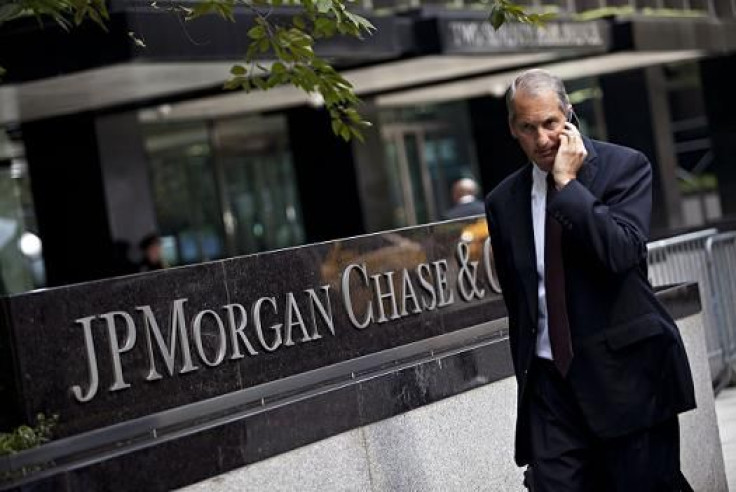
Former Federal Reserve Chairman Alan Greenspan created a stir in 2008 when he conceded he was “in a state of shock and disbelief” that banks didn’t exactly work in people's best interests.
Instead of benevolently helping people finance their American dreams, some of the world’s largest lenders reaped huge profits by creating a massive pool of bad debt that was slyly packaged into derivatives and passed on as toxic assets to the suckers willing to buy them.
Since Greenspan’s turnaround, we’ve seen 10 of the largest financial penalties levied against some of the world’s biggest lending institutions. Half of these Top 10 fines were settled this year. The total: $5.2 billion.
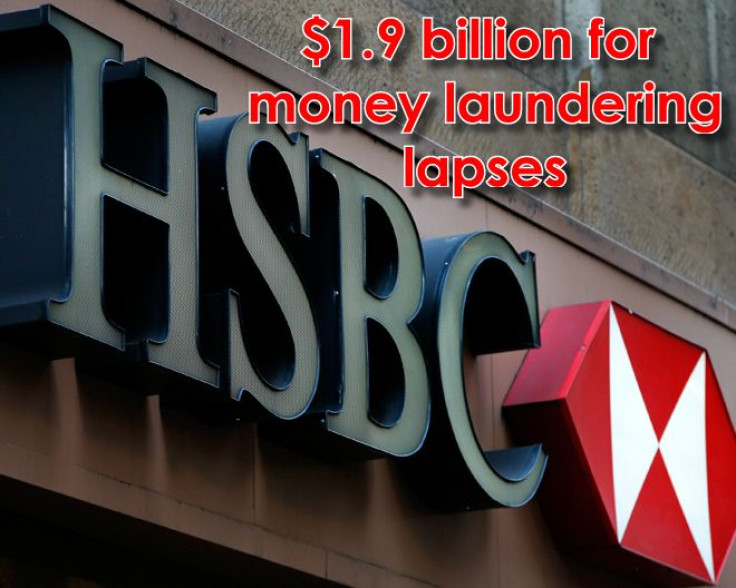
Violations that were investigated, settled or the subject of civil lawsuits in 2012 include: handling transactions for unnamed clients in Iran and Cuba, deceiving investors on risky derivatives trades out of London, overcharging on currency trades in New York, issuing predatory loans in Memphis, Tenn., and encouraging clients to invest in Bernard Madoff’s Ponzi scheme.
Then there are open investigations linked to the subprime mortgage meltdown of 2008 – the event that beckoned Greenspan to Capitol Hill.
Citigroup (NYSE:C) and Deutsche Bank AG (NYSE:DB) paid out a total of $950 million for their involvement in the subprime mortgage fiasco. Deutsche agreed in May to pay out $202 million in a civil lawsuit by the U.S. Justice Department linked to breaking federal housing regulations in some 1,400 housing loans that went bad and had to be covered by the Department of Housing and Urban Development. Citigroup paid out the rest, mostly to settle a shareholder lawsuit brought on by losses incurred by the toxic mortgage assets.
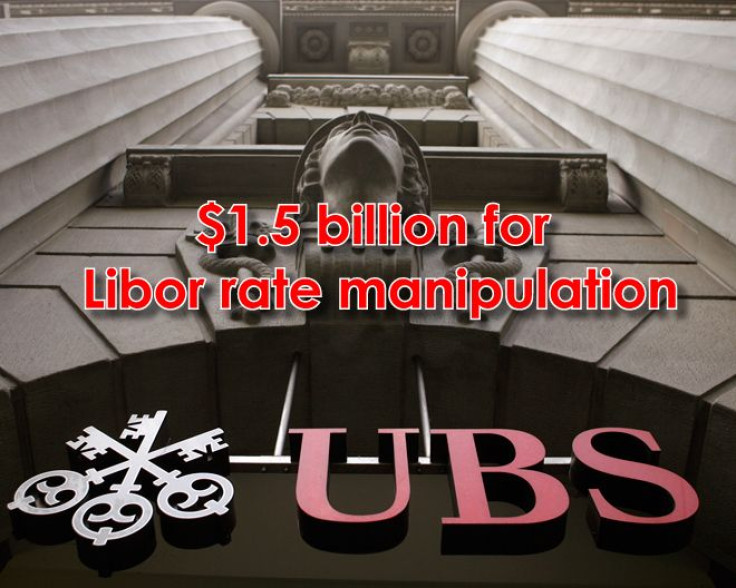
Investigations into subprime-lending malfeasance continue. Citigroup, Deutsche Bank, JPMorgan Chase & Co. (NYSE:JPM), Bank of America Corp (NYSE:BAC) and Wells Fargo & Co. (NYSE:WFC) all agreed in February to participate in a $25 billion three-year national mortgage settlement to provide relief to homeowners.
Under the deal, banks have to reduce the amount of mortgage debt they carry and provide financial compensation to borrowers who lost their homes to foreclosures. The Justice Department has its sights set on Charlotte, N.C.-based Bank of America, seeking $1 billion in fines for toxic debt it sold to the government-sponsored mortgage consolidators Fannie Mae and Freddie Mac.
Wells Fargo faced a slew of lawsuits for allegedly targeting low-income minorities in Tennessee for predatory home loans; in May it agreed to issue $432 million in loans and financial assistance to settle these cases.
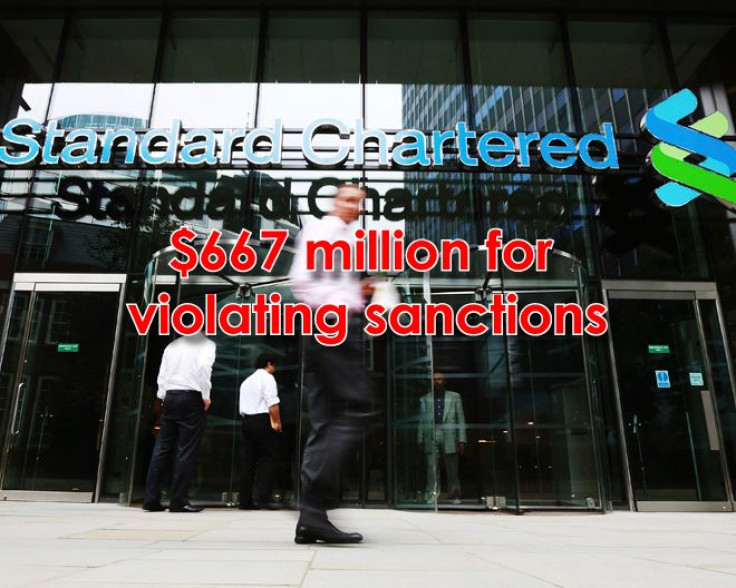
In all, more than $6 billion in fines has been paid out this year, led by the $1.9 billion money laundering settlement in the U.S. involving London-based HSBC Holdings plc (NYSE:HBC), which was slapped for neglecting to prevent its operations in Mexico from laundering proceeds from drug cartel activity.
The second-biggest penalty ever levied also came this year when Swiss bank UBS AG (NYSE:UBS) was handed a $1.5 billion fine for its role in manipulating the benchmark Libor daily interbank lending rate.
Like a banana republic junta, a group of bankers collaborated behind closed doors (and, unfortunately for them, in damming company emails used as evidence) to raise or lower the rate either to profit from trades or to give the appearance of higher creditworthiness.
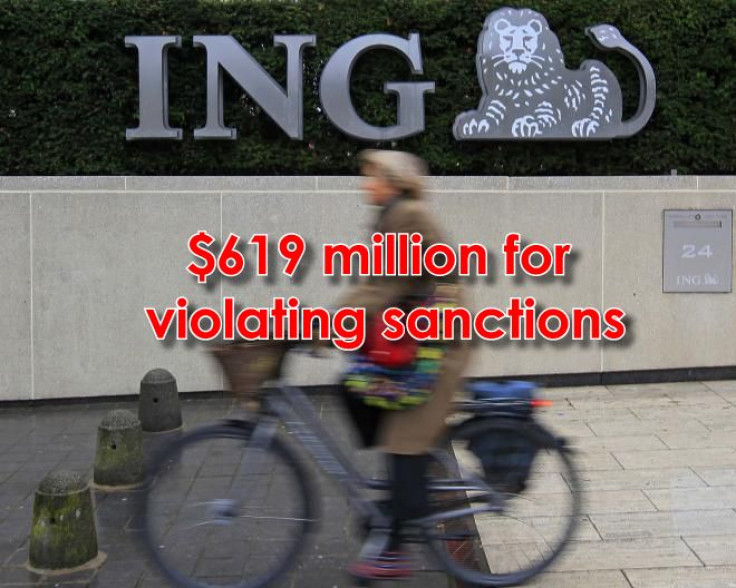
The UBS settlement was the second fine in 2013 related to the Libor scandal. In June, Barclays PLC (NYSE:BCS) agreed to pay $450 million for its role. Deutsche Bank and Royal Bank of Scotland Group PLC (NYSE:RBS) have both indicated they expect to pay penalties next year.
Unfortunately, there are still more cases of bad bank behavior.
For example, Barclays, Royal Bank of Scotland, Banco Santander, S.A. (NYSE:SAN) and HSBC were all hit with penalties from British regulators this year for tens of thousands of improperly sold interest-rate hedges.
Two banks win the award for the most egregious disregard for U.S. sanctions against rogue states: London-based Standard Chartered PLC (LON:STAN) agreed to pay $667 million in fines to New York state, the Justice Department and the Federal Reserve Board for handling $250 billion worth of transactions for Iranian clients between 2001 and 2007. The bank attempted to cover up its dealings with clients in Iran, Sudan and other U.S.-sanctioned states. A person committing this crime would face up to 25 years in federal prison.
In second place is Dutch banking giant ING Groep N.V. (NYSE:ING), which agreed in June to pay a $619 million penalty for using the U.S. financial system to handle transactions for clients in Cuba and Iran.
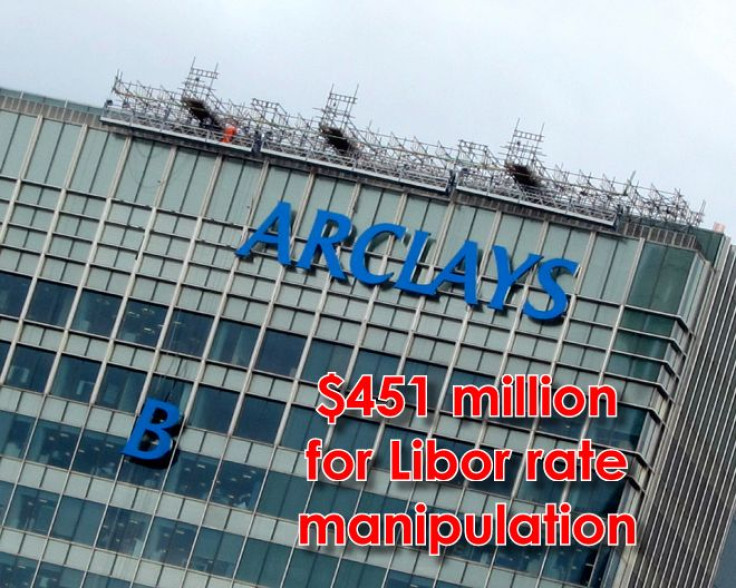
For shafting investors, there are several candidates for infamy. Royal Bank of Scotland is facing a $5.37 billion lawsuit for allegedly misleading shareholders on the health of the bank. RBS was later bailed out by the British government, but not before it floated a $19 billion rights offer that cost shareholders 90 percent of their investment.
Bank of New York Mellon Corp. (NYSE:BK) agreed in November to pay $210 million for advising clients to buy into Madoff’s massive $65 billion Ponzi scheme; it’s also facing a Department of Justice investigation regarding alleged overcharges in currency trades.
Credit Suisse Group AG (NYSE:CS) is being sued by New York state for allegedly deceiving investors on mortgage-backed securities. And Morgan Stanley (NYSE:MS) was hit with a $5 million fine for improper supervision of analysts in the Facebook Inc. (Nasdaq: FB) initial public offering.
Federal authorities also began building a criminal case against at least four JPMorgan Chase executives for the failed derivatives trades from the bank’s Chief Investment Office, which first to light in May and have cost at least $6 billion. It’s also facing a class action lawsuit from shareholders for allegedly knowing about the losses for more than a month before disclosing them publicly.
Criminal arrests are rare in these cases due to their complexity. But, as former UBS trader Kewku Adoboli tearfully discovered when he was sentenced to seven years in the U.K. for booking false trades to cover up huge losses, criminal prosecution can and does occur.
© Copyright IBTimes 2024. All rights reserved.












